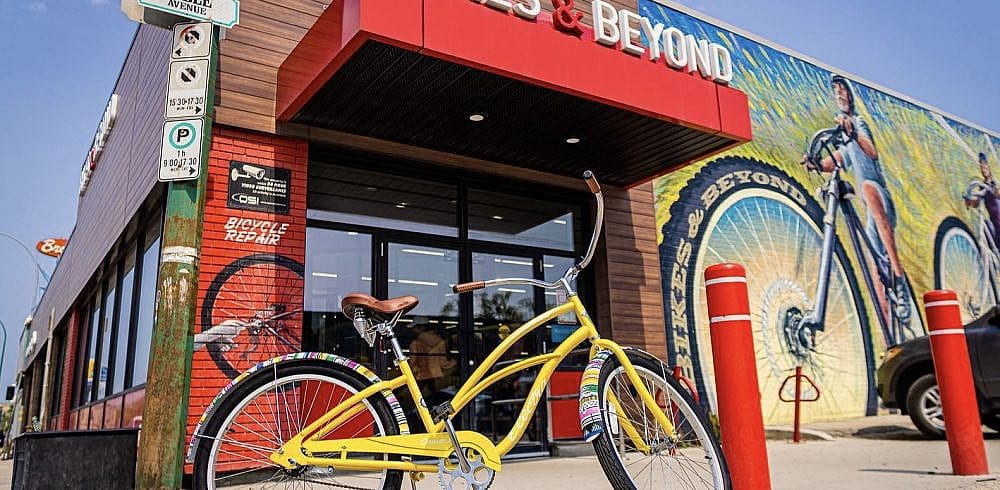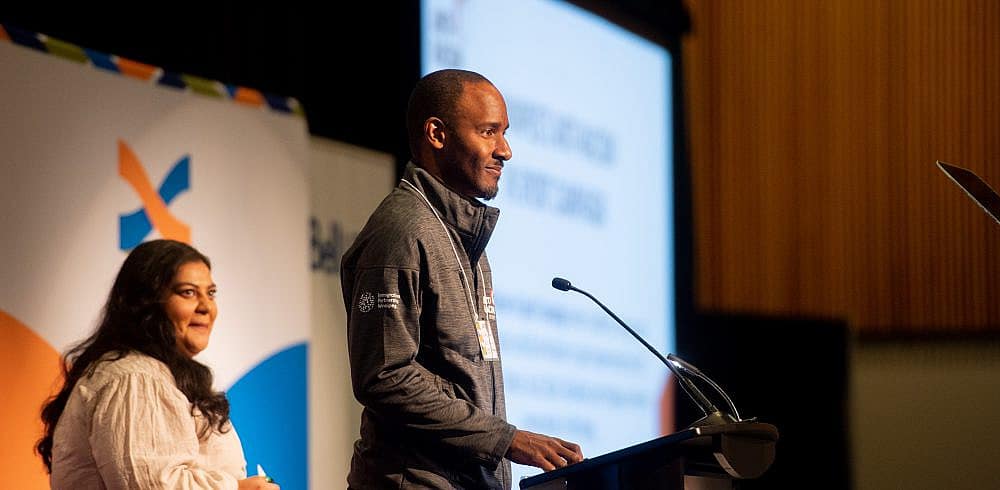Blog written in collaboration with the Manitoba Women’s Enterprise Centre Inc.
In 2024, many would be led to believe that women are very much at the forefront of leadership and entrepreneurship, but as two recent studies show, we may be further than we hoped.
“Barely Breaking Ground“, published by the Canadian Chamber of Commerce, alongside with “Women’s Entrepreneurship in Manitoba” initiated by the Manitoba Women’s Enterprise Centre Inc. (MWEC), provide an in-depth look at the status of women in business leadership and entrepreneurship. Each report giving critical insights into the progress and challenges faced by women in the Canada’s and Manitoba’s business landscape.
Key findings in the “Barely Breaking Ground” report relevant to Manitoba include:
- Women hold only 35% of management roles across Canada, with Manitoba lagging at a 17% representation gap.
- In Manitoba, women in all management occupations earned 92 cents for every dollar earned by men, slightly higher than the national average which is 88 cents.
- Manitoba’s wage parity for women in middle management positions, at 80 to 91 cents per dollar compared to men, trails Quebec and Ontario. The largest representation gaps are in middle management within trades and transportation, with Manitoba’s gap at 12%.
- The province shows moderate progress in boardroom gender parity with 22% representation of women directors, slightly above the national average.
Key recommendations from the report include revising job descriptions, expanding candidate pools, upskilling and mentorship, flexible and hybrid work environments, and implementing equal pay initiatives.
Key findings in the MWEC Report for Manitoba include:
- SMEs employ 90.6% of the private sector labour force in Manitoba, of which 12.8% of SMEs are majority women owned. The Canadian average of majority-owned women SMEs is 19.1% indicating Manitoba has a way to go.
- As a percentage of the total population of women in MB, 8% are majority women-owned businesses – Surprisingly, our province is 2nd lowest, only to Newfoundland. The Canadian average is 10.5 % with the three western provinces showing up with the highest percentages (SK at 11% and BC and AB both at 12.3%).
- The MWEC report aligns with the Canadian Chamber of Commerce’s report whereby it indicates that intersectional women entrepreneurs have increased barriers to finance. This can be attributed to shorter work history (as a newcomer or primary caregiver), low credit scores (as a newcomer, lack of access to credit to build credit), and/or high personal debt utilization to operate the business (use of credit cards, line of credit to finance business).
- Among the barriers cited, women entrepreneurs report gender-based stereotypes, bias, and discrimination and note that the women’s policies and initiatives that have been enacted are often small-scale and time-limited. In addition, women entrepreneurs also report lengthier processing times and higher rejection rates when opting for traditional financing.
The key recommendations from the MWEC report highlight the need for a diversity lens that would be applied to challenges faced by diverse women entrepreneurs. There’s a call for simplified access to funding, tailored programs, a percentage of government procurement for Black, Indigenous, and immigrant women-owned and led businesses, increased government funding for supporting organizations and enhancing technological, financial, and negotiation skills among women entrepreneurs.
Our view of both reports show as an urgent indicator that significant steps need to be taken to enhance the representation and success of women in leadership and entrepreneurship. While we acknowledge some progress, it’s clear that concerted efforts are essential to achieve meaningful change within Manitoba’s business landscape.








